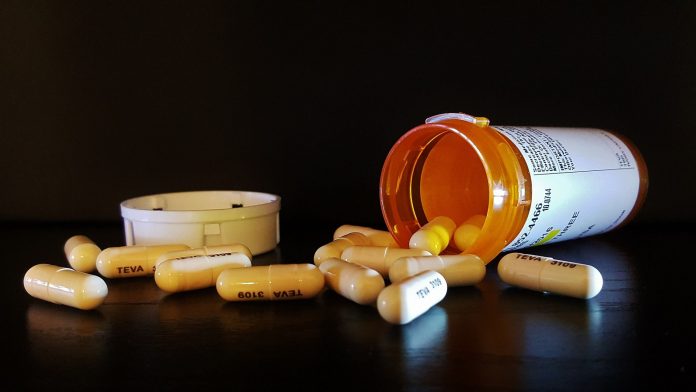
As antibiotic resistance continues to be more prevalent, new research published by Public Health England has revealed that at least 20% of all antibiotics prescriptions in primary care in England are inappropriate.
The research found that most antibiotics prescriptions in English primary care were for infections of the respiratory and urinary tracts. However, in nearly one third of prescriptions there was no clinical reason documented, which raises concerns regarding antibiotic resistance.
Antibiotics are important for treating serious bacterial infections; however, this is threatened by antibiotic resistance. The more they are used, the less effective they become, and resistance develops over time.
The UK government has responded to this by setting a goal to reduce inappropriate antibiotic prescribing by 50% by 2020.
Drug resistance is the biggest threat
UK Health Secretary Jeremy Hunt said: “Drug-resistant infections are one of the biggest threats to modern medicine and inappropriate prescribing of antibiotics is only exacerbating this problem.
“We are leading the world in our response. Since 2012, antibiotics prescribing in England is down by 5% and we’ve invested more than £615m [~€699m] at home and abroad in research, development and surveillance.
“But we need to go further and faster otherwise we risk a world where superbugs kill more people a year than cancer and routine operations become too dangerous.”
Inappropriate antibiotic prescribing
For most conditions, substantially higher proportions of GP consultations resulted in an antibiotic prescription than is appropriate, according to expert opinion.
An antibiotic was prescribed in 41% of all uncomplicated acute cough consultations when experts advocated 10%, as well as:
- Sore throat – actual: 59% versus ideal: 13%;
- Bronchitis – actual: 82% versus ideal: 13%;
- Rhinosinusitis – actual: 88% versus ideal: 11%; and
- Acute otitis media in 2-18-year olds – actual: 92% versus ideal: 17%.
Professor Paul Cosford, director of Public Health England, said: “Using antibiotics when you don’t need them threatens their long-term effectiveness, and we all have a part to play to ensure they continue to help us, our families and communities in the future.
“This publication highlights the role GPs can play, and I urge all practices to look at ways they can reduce their inappropriate prescribing levels to help make sure the antibiotics that save lives today can save lives tomorrow.”
























